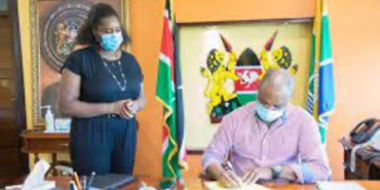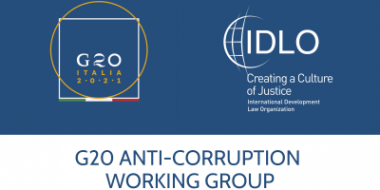Kenya introduces model county law and policy on gender-based violence
The national commission overseeing gender and equality matters in Kenya has published model legislation on sexual and gender-based violence (SGBV), designed to help county governments effectively protect women and girls from violence.












